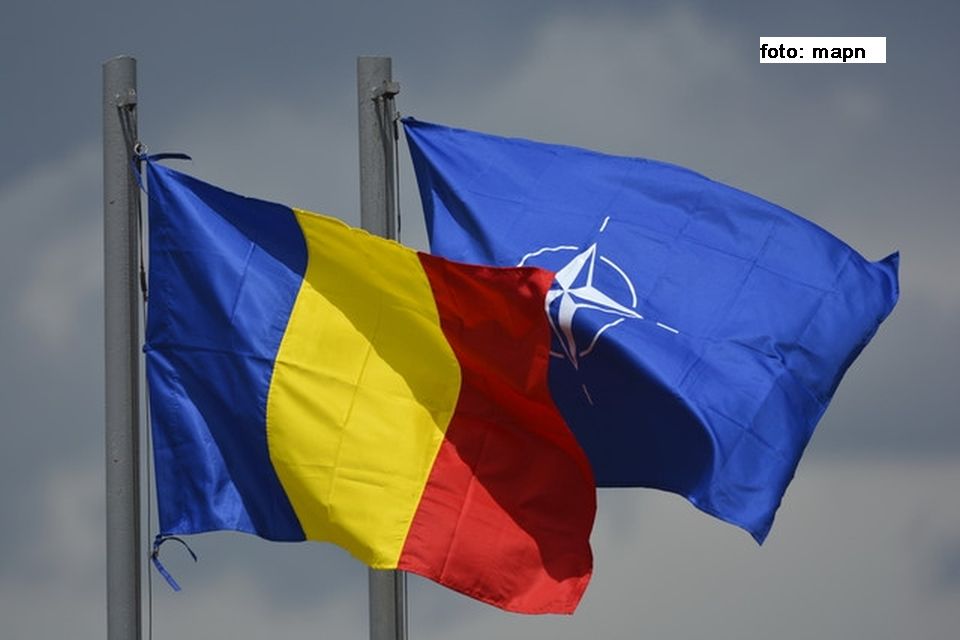Uncertainty over Brexit
The European Union regrets the result of Tuesdays vote in the British Parliament

Roxana Vasile, 16.01.2019, 13:38
The referendum
of 23rd June 2016 on the UK’s leaving the European Union looked, in
the first few hours after the announcement of the results, like a bad joke. The
last two years have been like an open-ended play for the other 27 members of
the European Union.
On Tuesday
evening, British MPs overwhelmingly rejected the Brexit deal proposed by Conservative
Prime Minister Theresa May: 432 voted against the agreement negotiated with
Brussels and only 202 voted in favour. This was the biggest defeat suffered by
a British leader in Parliament since the 1920s.
What’s next for
the United Kingdom? May has repeatedly warned about the uncertainty facing the
country only two and a half months ahead of the date scheduled for Brexit, 29th
of March. There are multiple alternatives, such as a second referendum,
postponing the exit date, Parliament’s taking control of the Brexit process,
or, in the worst-cast scenario, crashing out of the EU without a deal, a
possibility which has been met with concern in economic circles in particular. International
reactions to Tuesday’s vote have been pouring in.
From Brussels, the
president of the European Commission Jean-Claude Juncker said the negotiated
withdrawal agreement is a fair compromise and the best possible
deal and reduces the damage caused by Brexit for citizens and businesses across
Europe.
He also said he
did not want a disorderly withdrawal of the United Kingdom from the European
Union and called on the former to clarify its intentions as soon as possible because the
time is almost up. The UK will have the most to lose in the case of a no-deal
exit, France has warned, while Austria said an agreement is still possible.
In Bucharest, the
authorities are afraid, in the case of a no-deal scenario, for the future of
the many Romanians who work and study in the UK. President Klaus Iohannis said,
however, that no one needs to panic. On the one hand, the procedures leading to
the approval of the deal have not been exhausted, and on the other, the
European Union is ready for all possible alternatives.
Romania’s former president
Traian Basescu sees in Tuesday’s vote in the British Parliament an opportunity
to call for a second referendum, one in which British voters would this time
vote against Brexit. Romania, who is currently holding the presidency of the
Council of the European Union, would thus have the chance to be the country
under whose presidency the European Union becomes consolidated instead of the
country in whose term the European Union shrinks.






























